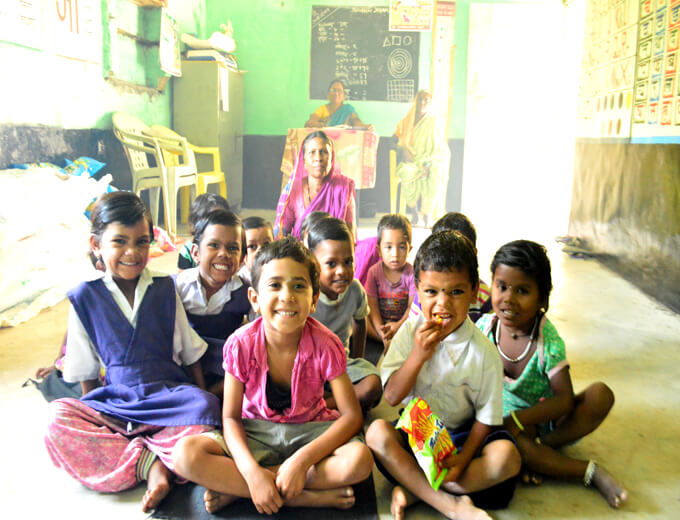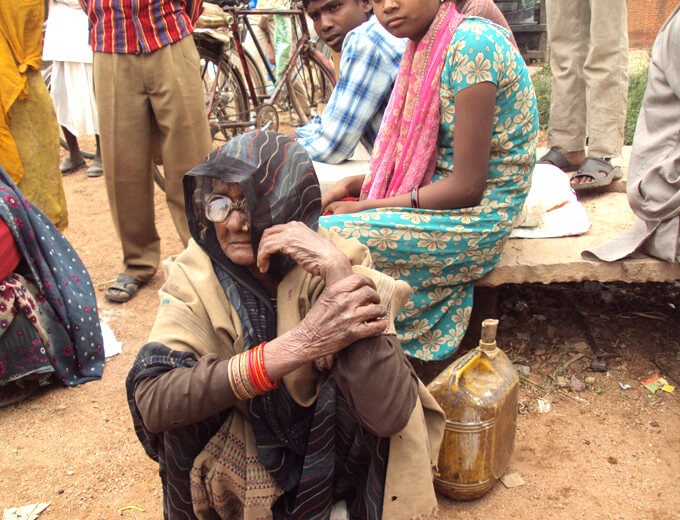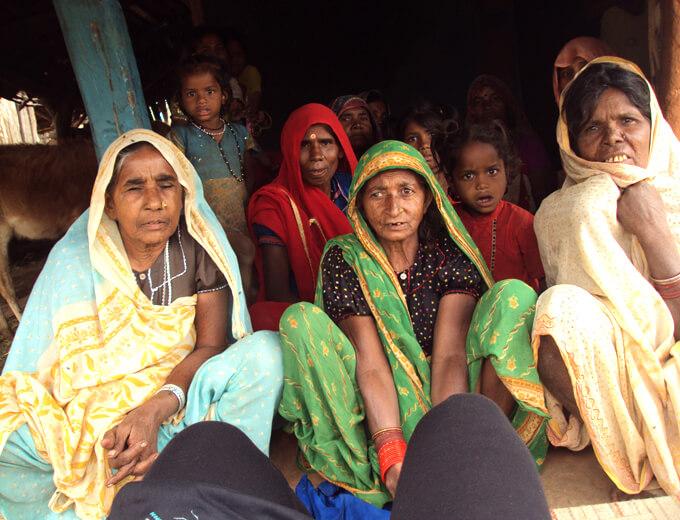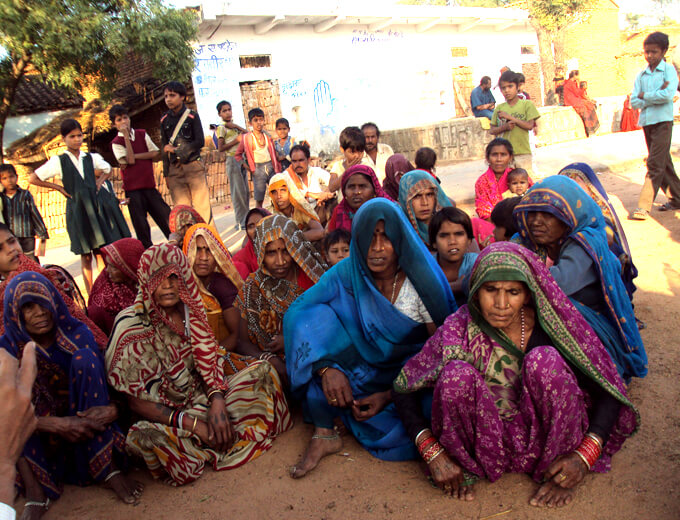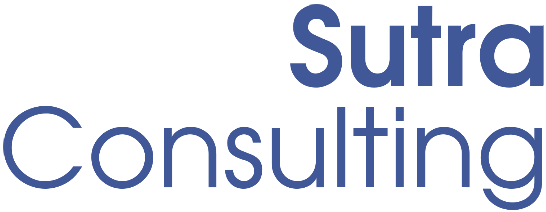
Gender, Women and Child Development
Sector >> Gender, Women and Child Development
Women, girls and children face greater risk of survival, violence, under development and discrimination, especially if they are marginalized, poor, physically challenged or if they belong to divided families. Pervasive gender inequality, inadequate power and rights, lack of economic resources, poor participation in political and public processes are some of the biggest impediments in development and empowerment of women. Children on the other hand from lower social and economic strata are at a greater risk of early survival and development, accessing education, forced labour, trafficking and abuse, and serious violation of child rights.
Our work in this sector has been focused on technical support and research on child rights and protection, women and child development, social protection, women rights and equality, prevention of violence, access to justice, access to education and health, and gender equality. We have assisted our clients and partners in conducting in-depth studies, qualitative analysis, programme design, advocacy and institutional strengthening for equitable development of women and children.
Select Work in Gender, Women and Child Development
